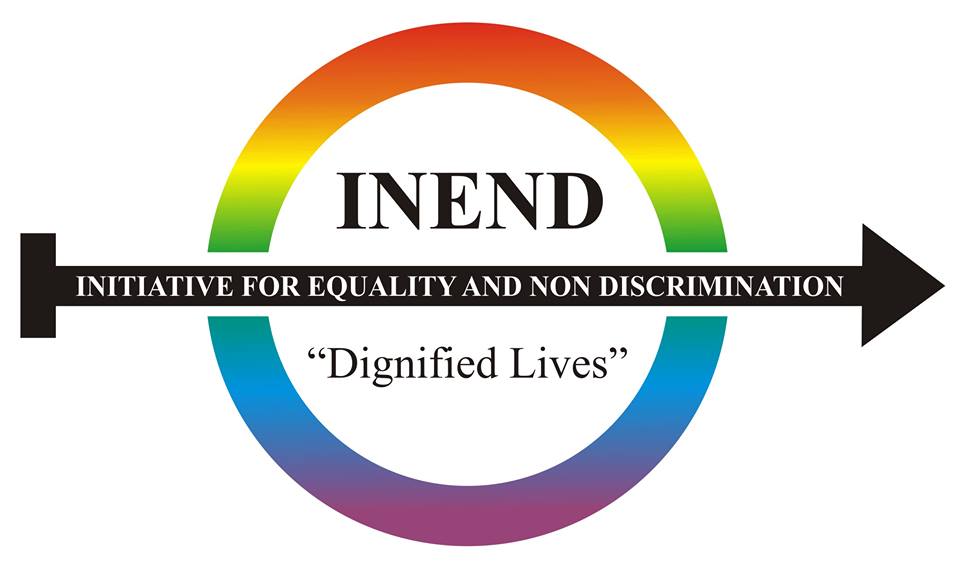
Collective Action for LBQ in Kenya
Click here to see the original post in Voice.Global site-
Project Duration
-
-
Lead organisation
Initiative for Equality and Non Discrimination (INEND)
-
Initiative for Equality and Non Discrimination (INEND) registered as a CBO in 2016. It builds on the already existing work being carried out by sexual and gender minority organisations working in the Coast region, by carrying out research, engaging in proactive advocacy, sensitisation and awareness creation. This builds a bridge between sexual and gender minorities and society. This is done through targeting of known perpetrators, religious leaders, Government institutions, private sector businesses, and ultimately the broader society, with a focus on those who have been accused of violating the rights of sexual and gender minorities.
-
Organisation
Initiative for Equality and Non Discrimination (INEND) registered as a CBO in 2016. It builds on the already existing work being carried out by sexual and gender minority organisations working in the Coast region, by carrying out research, engaging in proactive advocacy, sensitisation and awareness creation. This builds a bridge between sexual and gender minorities and society. This is done through targeting of known perpetrators, religious leaders, Government institutions, private sector businesses, and ultimately the broader society, with a focus on those who have been accused of violating the rights of sexual and gender minorities. -
Project
The Lesbian Bisexual Queer (LBQ) representation in key meetings, organising and programming for LBQ specific interventions is shrinking within the Lesbian Gay Bisexual Transgender Intersex Queer/ Sex workers (LGBTIQ/SW) movement in Kenya.There is need to build transformative leadership of LBQ women to sustain LBQ organising and to also ensure that LBQ women take up positions within the mainstream human rights organisations, Government institutions or elective positions, and even within the LGBTIQ/SW organising.This project intends to explore and identify the specific leadership needs for LBQ women/leaders that will enable them to build their leaderships and management skills, meaningfully participate and engage within different forums while sustaining credible LBQ organisations.The objectives of this project are;- To carry out a heteronormativity policy and political audit on gender mainstreaming policies /affirmative actions in Kenya.
-
To conduct a needs assessment with the partner organizations for LBQ / Non Binary leaders and individuals.
-
Maintain a network of Kenyan LGBTIQ leaders and allies to ensure sustained mentorship and updates on opportunities of engagement and partnerships in line with African Commission on Human and Peoples’ Rights (ACHPR) and Sustainable Development Goals (SDGs)
-
-
The Lesbian Bisexual Queer (LBQ) representation in key meetings, organising and programming for LBQ specific interventions is shrinking within the Lesbian Gay Bisexual Transgender Intersex Queer/ Sex workers (LGBTIQ/SW) movement in Kenya.There is need to build transformative leadership of LBQ women to sustain LBQ organising and to also ensure that LBQ women take up positions within the mainstream human rights organisations, Government institutions or elective positions, and even within the LGBTIQ/SW organising.This project intends to explore and identify the specific leadership needs for LBQ women/leaders that will enable them to build their leaderships and management skills, meaningfully participate and engage within different forums while sustaining credible LBQ organisations.The objectives of this project are;
- To carry out a heteronormativity policy and political audit on gender mainstreaming policies /affirmative actions in Kenya.
-
To conduct a needs assessment with the partner organizations for LBQ / Non Binary leaders and individuals.
-
Maintain a network of Kenyan LGBTIQ leaders and allies to ensure sustained mentorship and updates on opportunities of engagement and partnerships in line with African Commission on Human and Peoples’ Rights (ACHPR) and Sustainable Development Goals (SDGs)
